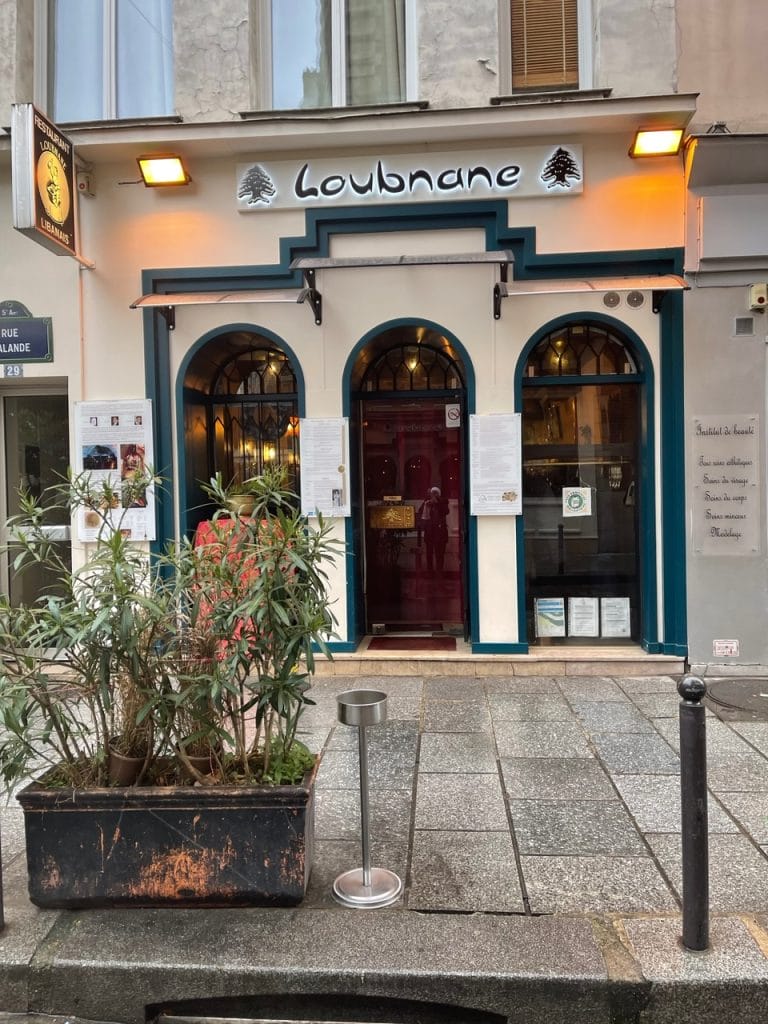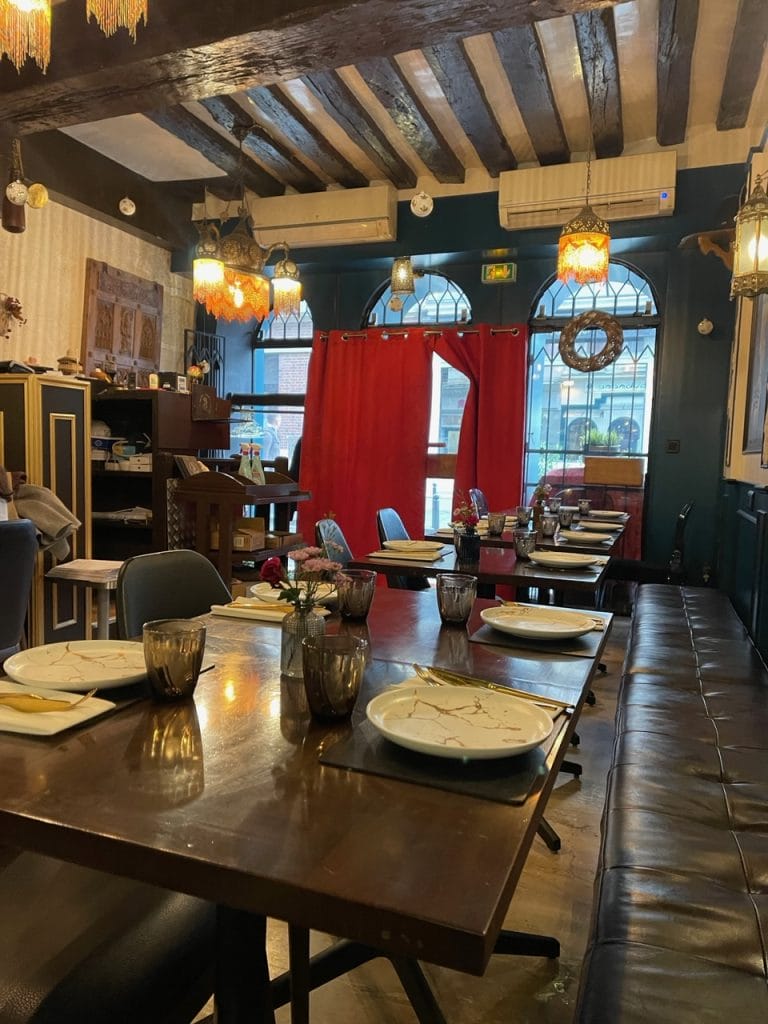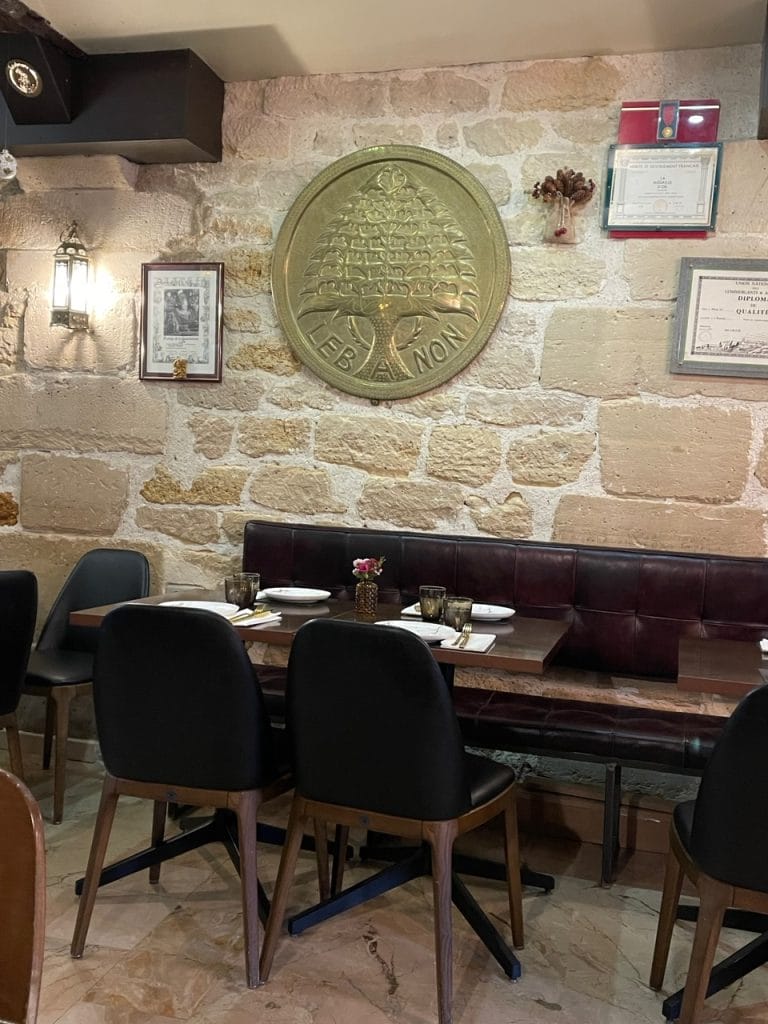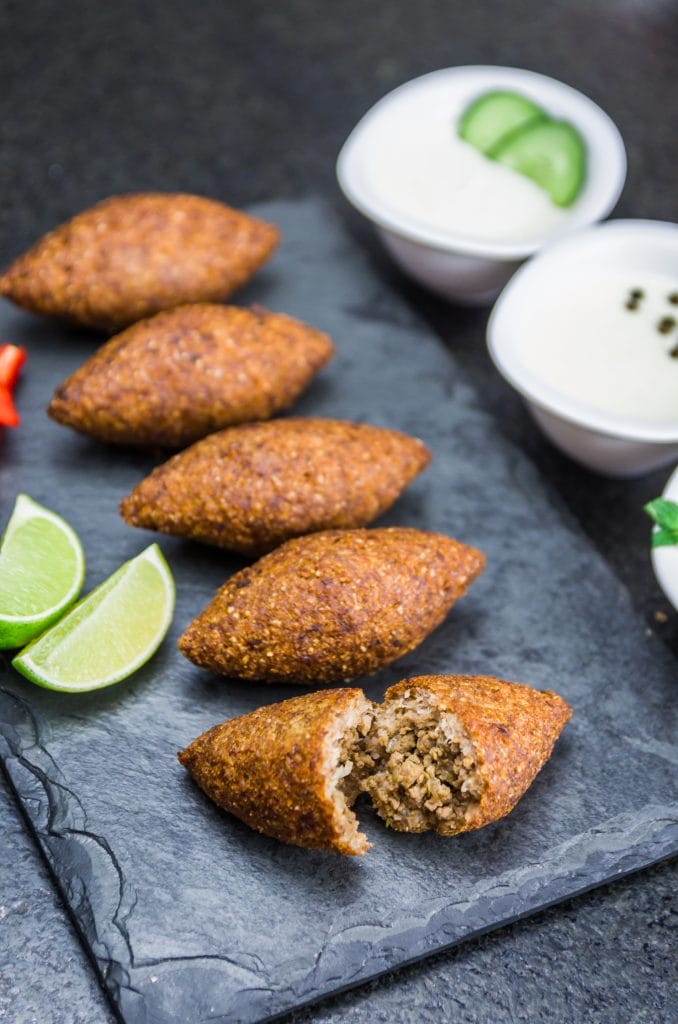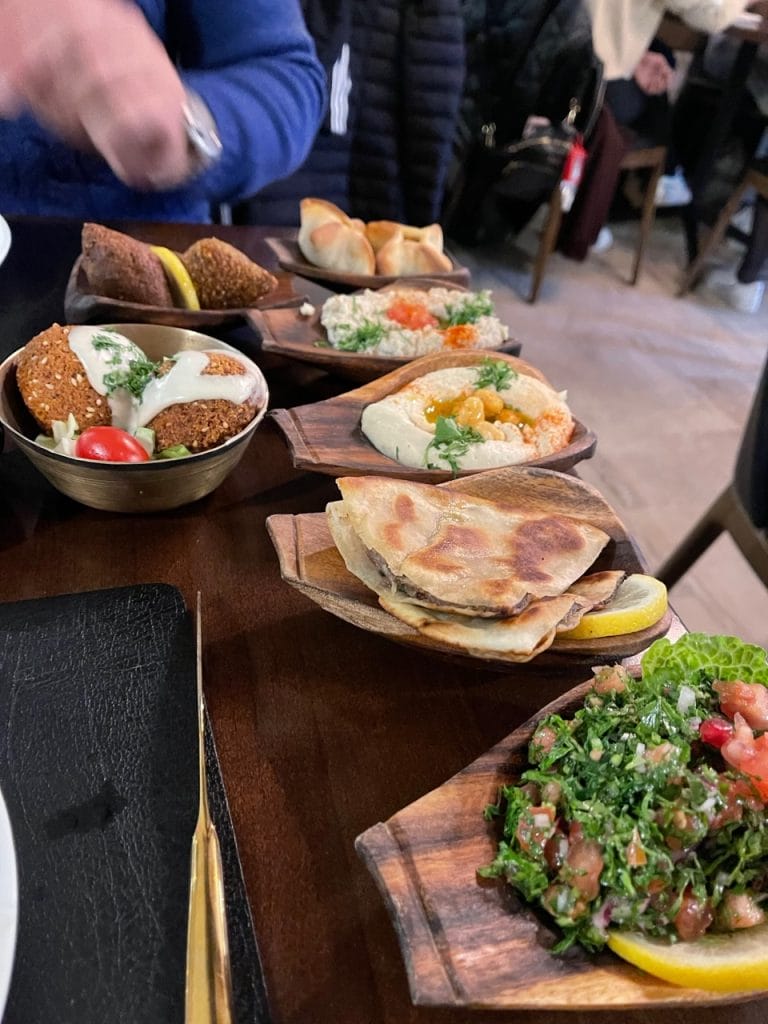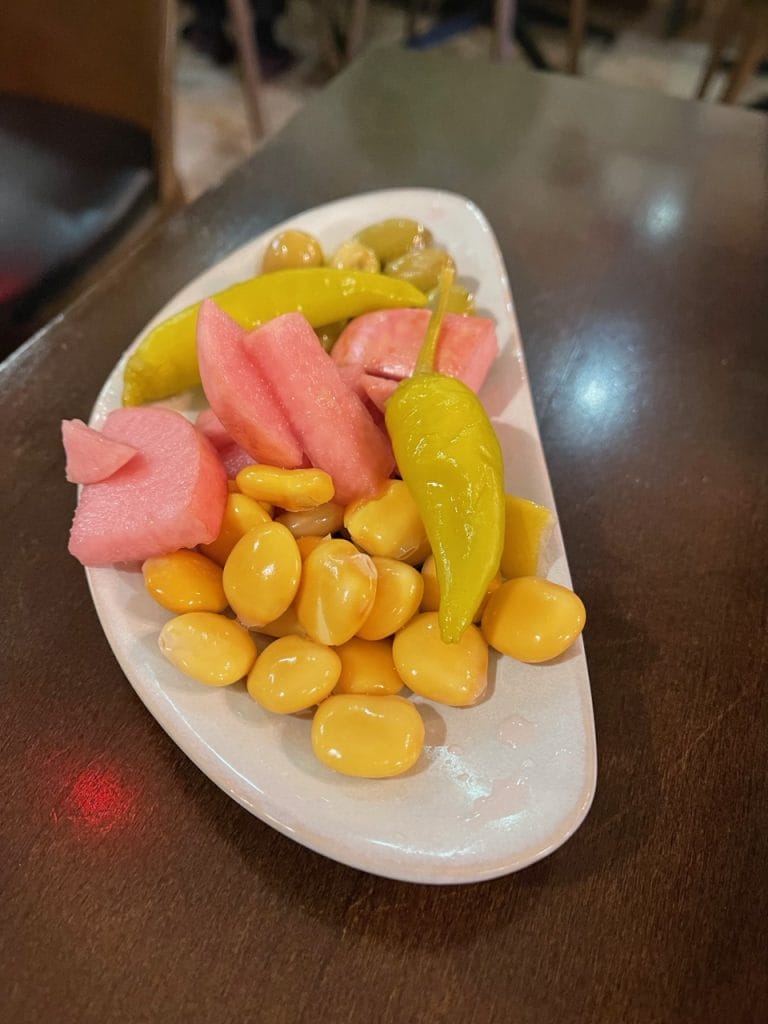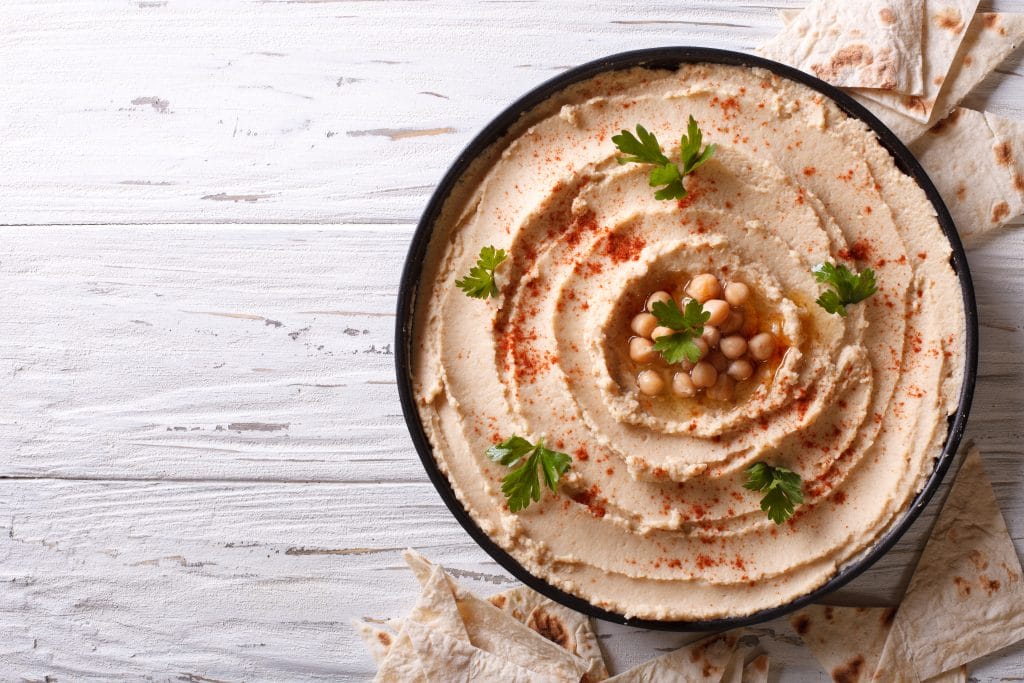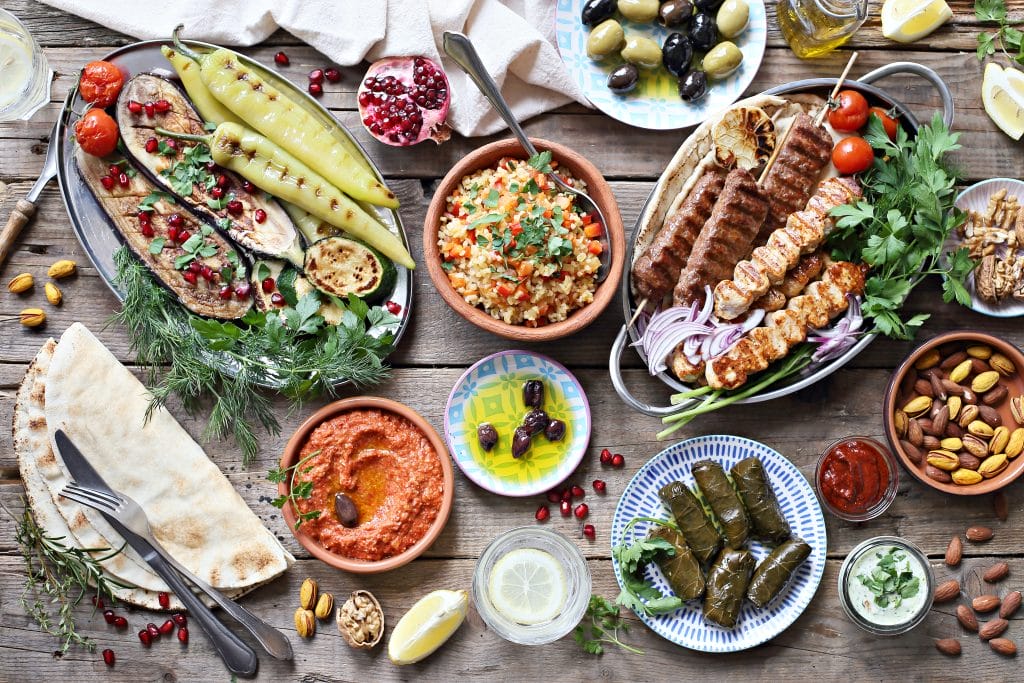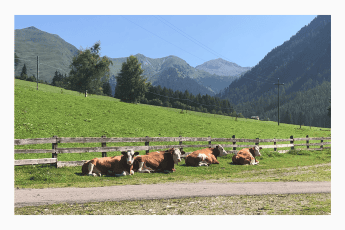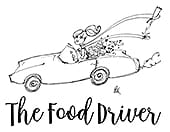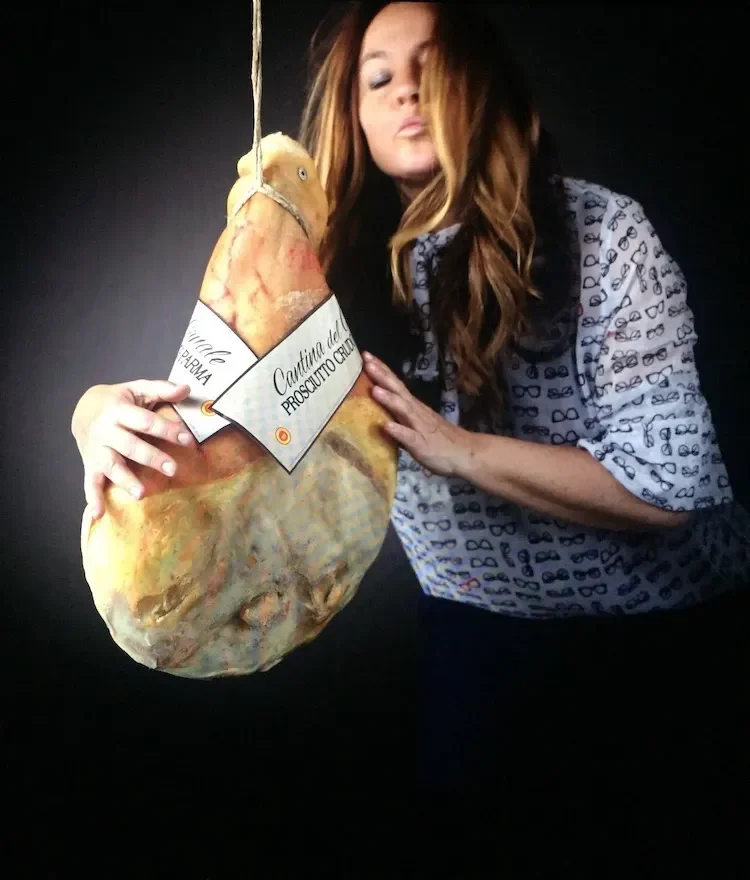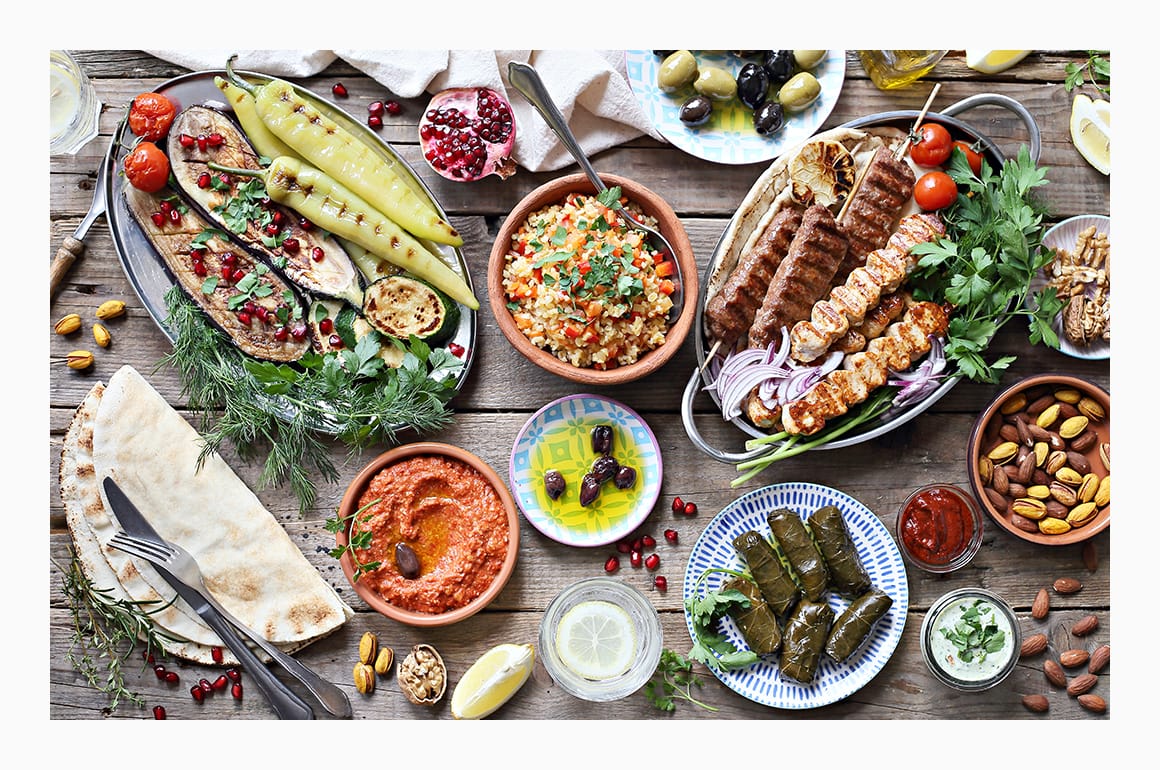
Paris is a multi-ethnic and multicultural metropolis. This characteristic is reflected not only in the different ethnicities of its citizens but also in the vast offer of ethnic food, that is to say the collection of dishes belonging to the heritage and culture of a population and that characterize its cuisine.
Being in a big city could then offer the unique occasion to experiment with something new.
During my last trip to Paris, I tried Lebanese cuisine and I was incredibly impressed by it. It is a healthy cuisine, flavorful yet not excessively spiced, that satisfies you, and not boring at all.
The restaurant where I went and that I highly recommend is Loubnane (www.loubnane.fr), intimate and welcoming venue, at the number 29 of Rue Galande, in the middle of the Latin Quarter, not far from the Pantheon and the Sorbonne. The story of Loubnane starts in 1952 when Rachid opens the first Lebanese restaurant in France, “Chez Rachid, aux delices du Liban”. In 1984 Kamal, nephew of Rachid, continues the work started by the uncle and opens Loubnane. Since 2009 the restaurant has been managed by Matthieu, son of Kamal.
Lebanon is one the richest and most fascinating countries in the world when it comes to culinary tradition which is characterized by a plant-based tendency that dominates the table, from cereals to legumes, as well as vegetables and herbs.
The main feature is the mezze,or rather a series of tastings of typical products, small bites that allow the guests to taste more dishes and prepare the palate for the following courses.
Noteworthy is baba ganush, a dense sauce made with the flesh of slowly oven-roasted eggplants. Falafel is maybe the most known dish of Lebanon, vegetarian meatballs prepared with chickpeas or broad beans mixed with garlic, cumin and coriander. Then hummus, dish originating most probably in Lebanon, made of pureed chickpeas. Kibbeh, round meatballs with a bulgur and semolina dough, filled with lamb and mint. Not to be forgotten is pita, a round flat bread, signature dish of local street food, stuffed with meat, vegetables, sauces, and dips. The dough is extra soft and is prepared with flour, water, oil and brewer’s yeast and it apparently has ancient roots. Tabbouleh is another signature dish of Lebanese cuisine, extremely widespread in Beirut: a salad with parsley, spring onions, mint, tomatoes, lemon juice, oil, and bulgur, which literally means “cracked wheat”, that is to say grains of wheat sprouted, steamed, then dried and milled.
Lamb, chicken and beef are the meat composing the main dishes. Shawarma is a skewer, mainly of lamb meat, but sometimes of chicken or beef, cooked vertically with a flame, also vertical, on its side, instead of the usual fire below. In this way the melted grease and fat drip over the meat itself, flavoring it even more and then the meat is used to fill the bread.
The menu of Loubnane is extremely varied and offers all these dishes and some more. I started with the mezze, in order to try small bites of the most typical dishes. Despite the fact that it was a 7 dishes tasting, at the end of it I was sated. Yet my curiosity is endless, and I could not resist the triple tasting of lamb kebab, chicken kebab and kafta mechwi, minced meat of beef and lamb grilled (delicious…).
All this was accompanied by a glass of wine obviously. I opted for a Breteches – Chateau Kefraya, a wine which grapes are cultivated at 1000 meters over the Mediterranean sea level, at the foot of the mount Barouk in the Beeka Valley, in sandy and graveled soils that compose a real mosaic of terroir. Grenache, Cinsault, Carignan, Cabernet Sauvignon are the vines that merge into this bottle. The term comes from “bretèche”, a projected window with pavement openings that was originally used for defensive purposes, which are characteristic of the castle dominating the estate. Well… it was a fantastic choice! The wine list offers various typologies of wine both white and red. Otherwise a good alternative is provided by the wide range of Lebanese beers.
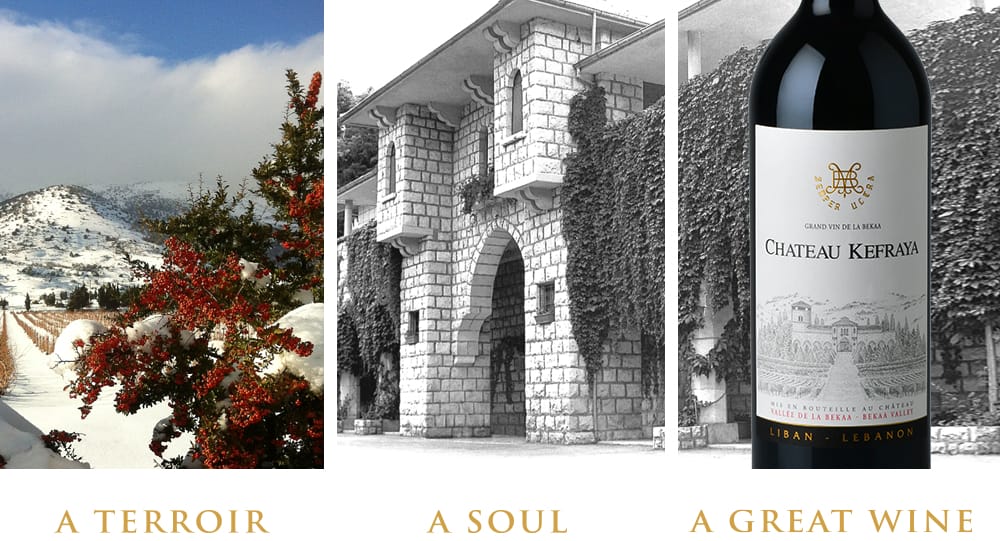
The price? Incredibly reasonable, especially if we consider the quality of the food as well as service and the fact that Paris is rather expensive in general (it’s among the top ten most expensive cities in the world). A bottle of wine goes from 24 to 55 euros (for the most refined ones), the main course is around 17/20 euros, the starters float around 7/10 euros and the one-plate meal of mezze (definitely more rich than what I had since it constitutes an entire meal) is 27 euros.

Le Loubnane – Lebanese Restaurant
29 Rue Galande, 75005 Paris, France
www.loubnane.fr
phone +33 1 43 54 21 27
closed on Monday
LOCATION: 8
QUALITY / PRICE: 9
THE FOODRIVER MARK: 8




